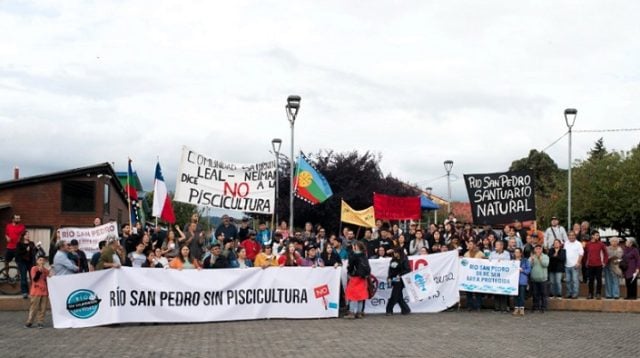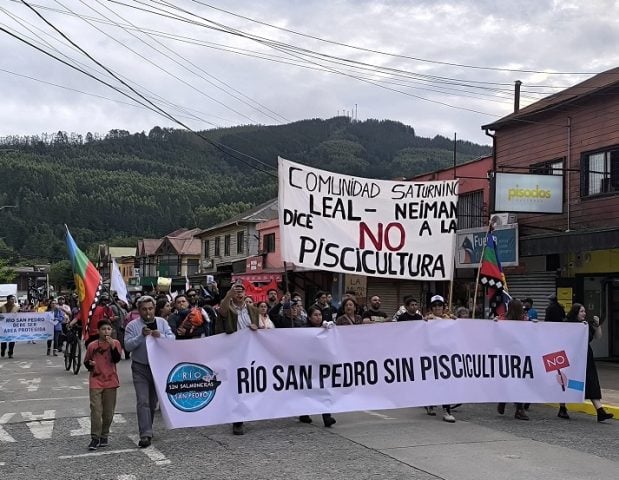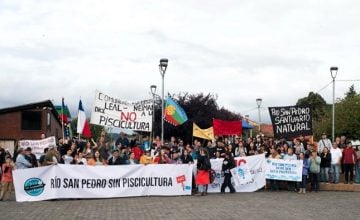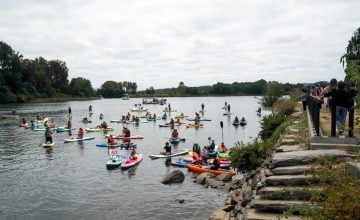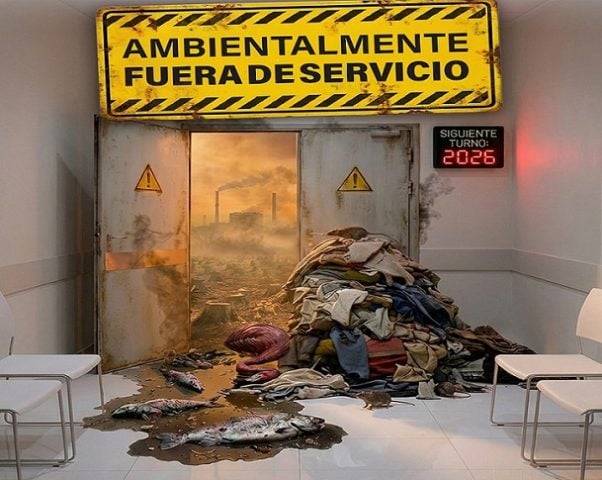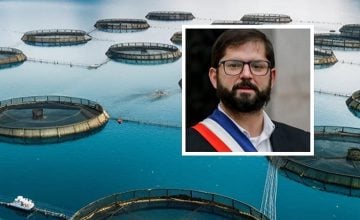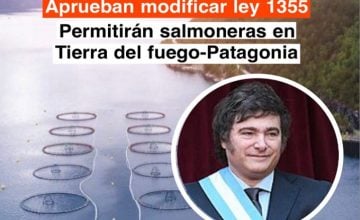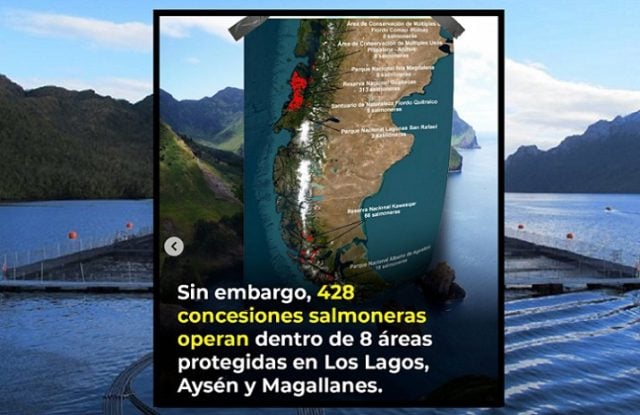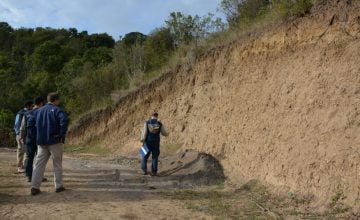Original article: Victoria ciudadana: Tribunal Ambiental de Valdivia paraliza proyecto de salmonera en el río San Pedro/Wazalafken
Environmental Court Stops Salmon Farm on San Pedro/Wazalafken River: Major Win for Organizations and Communities
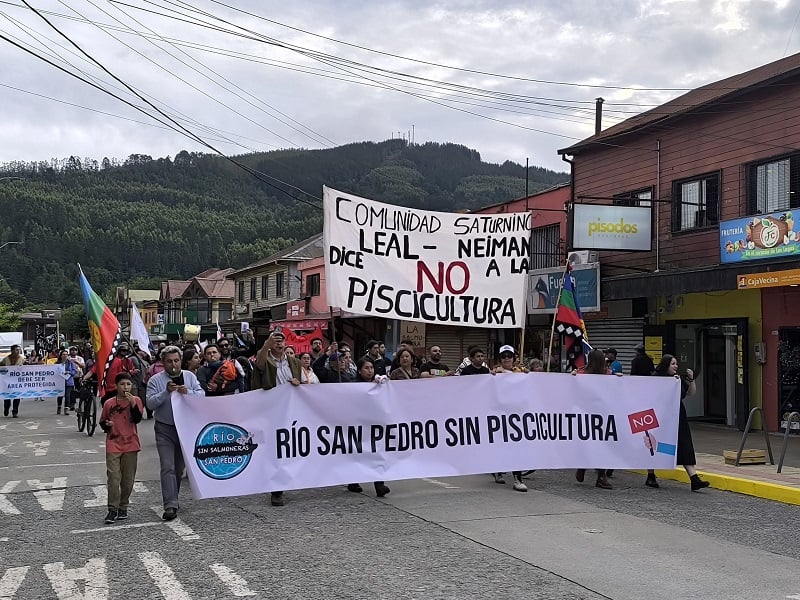
In a landmark ruling for the preservation of Patagonian ecosystems, the Third Environmental Court of Valdivia has ordered the immediate suspension of the Environmental Qualification Resolution (RCA) for the Salmones Antártica S.A. aquaculture project. This crucial measure halts all construction activities and grants a precautionary suspension requested by the movement «San Pedro River Free of Salmon Farms» while an appeal to invalidate the outdated environmental authorization from the Japanese-owned company is processed. As reported by Ecoceanos, the judicial decision acknowledges the project’s unassessed impacts and evidence of harm to local heritage.
The ruling establishes that there is an “appearance of good right” for the community, noting that the RCA was granted 18 years ago under environmental standards significantly lower than today’s. The court recognized that the climatic, social, and ecological conditions of the watershed have changed dramatically, highlighting the obsolescence of the permit. It also took into account critical evidence, including a directive from the National Monuments Council that halted excavations due to damage to paleontological heritage, as well as recurring concerns from the municipality of Los Lagos regarding the project’s incompatibility with current regulations.
The court estimated that there is a real risk of environmental harm if the construction were to continue, particularly since, despite some partial suspensions, other activities were still taking place. It concluded that suspending the RCA is the “minimum precautionary measure” needed to protect the environment and prevent irreversible damage, applying the precautionary principle. For the movement defending the river, this validates their warnings about the dangers of a project that fails to adapt to the current socio-environmental reality of the region.
Regarding the decision, attorney Ornella De Pablo, spokesperson for the movement, told Ecoceanos that “this is a very important victory for the community and for the defense of the territory.” She emphasized that the ruling recognizes strong evidence to challenge the legality and impacts of the project, admitting that allowing its advancement could result in significant and irreversible damage. “Every person who has supported this cause demonstrates that those of us living in the territory have a duty to protect it and must continue to fight,” she added, reaffirming their commitment to keep the river free of salmon farms.
The cultural significance of the ruling was highlighted by Ximena Leal, leader of the mapuche community Saturnino Leal Neiman, who explained to Ecoceanos that for their people, the issue is cultural and spiritual. “As a mapuche people, we must defend our river and our nature. Water is life for all living beings… The San Pedro River is not just a natural resource but a living being,” she affirmed. The mapuche defender warned that projects like this disrupt the natural balance, causing damage that threatens both the land and their culture and way of life.
